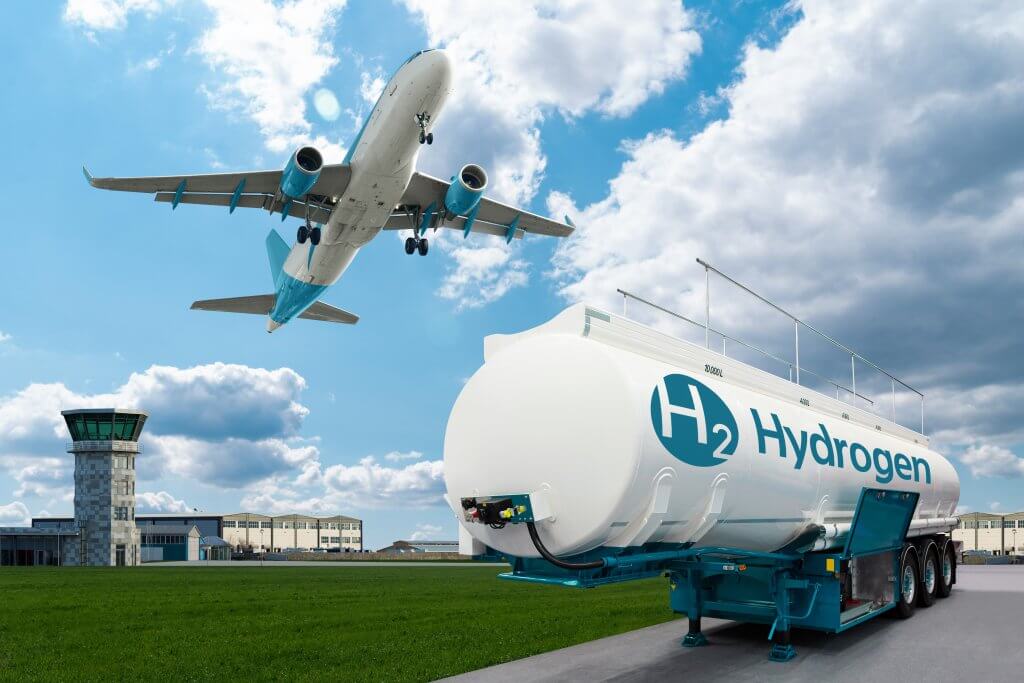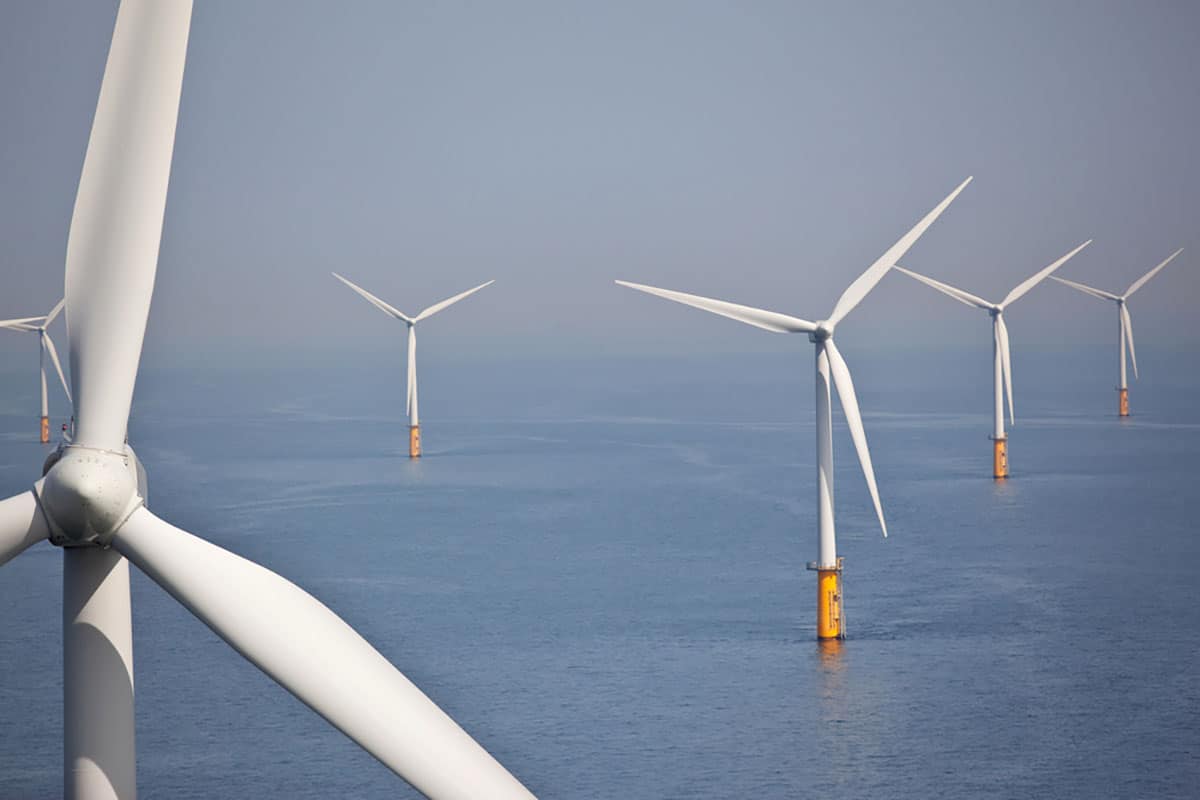Renewable energy now generates over 40% of the UK’s electricity. With the UK now subject to legal targets to reduce greenhouse gas emissions to zero by 2050, the next stage of our energy transition will be critical.
Osprey, a tpgroup company, is committed to helping the aviation and renewables sectors to reduce their carbon footprint to achieve the net zero targets set out by UK Government. Our expertise in the renewable energy sector means we are already helping many of our clients towards this goal.
Solar
Solar panel developments at airfields are evolving as a way to reduce operating costs and to demonstrate a commitment to renewable energy and sustainable development.
The installation of solar photovoltaic (PV) panels on airport sites helps to reduce their carbon footprint, but can also impact aviation safety at the airfield in a variety of ways, ranging from glint and glare effects on Air Traffic Control (ATC) and pilots, to airfield safeguarding issues. Glint and glare can significantly affect nearby observers under certain conditions, particularly residents in surrounding dwellings, road users and transport infrastructure. It may also result in a distraction for aviation operators (including pilots and air traffic controllers) and may have other visual impacts which can affect aviation safety.

Osprey’s glint and glare analysis capability helps airports and developers identify safety issues from the outset so that appropriate mitigation measures can be put in place to ensure that projects are not held up or delayed at the planning stage, and to avoid potentially costly design changes later in the project lifecycle.
Find out more about our glint and glare capability here.
Hydrogen
There is much excitement about the role of hydrogen in the future of the UK’s energy system.Hydrogen can be an efficient way for an organisation to reduce their carbon footprint, a way to store and benefit from surplus energy generated from solar and/or wind energy, and an alternative fuel for emerging vehicles. There are also multiple use cases of hydrogen in the renewables market.
Osprey’s energy and environmental experts can help with initial feasibility of hydrogen for an airport, or to carry out a safety and regulatory assessment of proposed hydrogen installation on a site. Osprey can also provide safety and certification expertise for air system manufacturers looking to design and develop hydrogen-based propulsion systems.

Further details on Project DRAGONFLY, to develop a hybrid electric/hydrogen powered aircraft in support of an exciting new era of cleaner, greener aviation initiatives can be found here.
Wind
Osprey is firmly established in the renewable energy sector having built a reputation for excellence in assessing and mitigating the impact of wind turbines on aviation receptors. We are currently one of the UK’s leading consultancies in supporting the consenting process, but we are also known for providing elegant airspace, procedural, technical and safety engineering solutions to the aviation issues that typically form the basis of offshore wind farm planning conditions.
Our long-standing working relationships with key aviation stakeholders such as the Ministry of Defence (MOD) and NATS, as well as the UK Civil Aviation Authority enable our successful approach to understanding, consulting, and addressing aviation objections during the consenting phase.

To date, Osprey has assisted over 950 wind farms to address their issues on aviation. One of our most recent success stories is our proud association with the Neart na Gaoithe project team to achieve major aviation-related milestones in developing the airspace solution to enable their offshore wind development project to move forward without an aviation based objection.
COP26
The UK is currently hosting the 26th Climate Change Conference of the Parties (COP26) in Glasgow to bring global leaders together to accelerate action towards the goals of the Paris Agreement and the UN Framework Convention on Climate Change.
Osprey is fully committed to working towards net zero carbon emissions with the help of new technologies and renewable fuels to support COP26 goals and to create a greener future for us all.
Please contact us to discuss how we can support your renewables projects: enquiries@ospreycsl.co.uk

